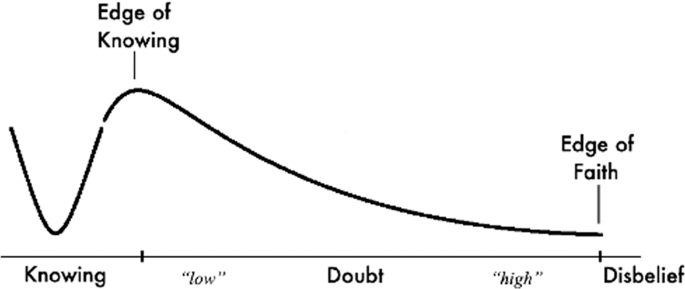City on a hill
“The greatest problem of our time,” said historian Will Durant, “is not communism against individualism, or Europe against the United States, not even East against West; it is whether men can live without God. This question, apparently , be answered these days.
- Por séculos.
- A igreja cristã tem sido o centro da civilização ocidental.
- A cultura.
- O governo.
- A lei e a sociedade ocidentais eram baseados em princípios explicitamente cristãos.
- A preocupação com o indivíduo.
- O compromisso com os direitos humanos e o respeito pelo bem.
- Pelo belo e pelo verdadeiro ? tudo isso decorreu das convicções cristãs e da influência da religião revelada.
Tudo isso, apressamo-nos a acrescentar, está sob ataque sério. A própria noção de certo e errado é rejeitada por grandes setores da sociedade brasileira. Onde não é rejeitada, muitas vezes é indesejada. Seguindo o exemplo do livro ?Alice nos País das Maravilhas?, os secularistas modernos simplesmente declaram o errado, certo e o certo, errado.
O teólogo quaker D. Elton Trueblood certa vez descreveu a América como uma ?civilização de flores cortadas?. Nossa cultura, ele argumentou, está cortada de suas raízes cristãs como uma flor cortada de seu caule. Embora a flor mantenha sua beleza por algum tempo, ela está destinada a murchar e morrer.
Quando Trueblood falou essas palavras há mais de duas décadas, a flor ainda tinha alguma cor e sinais de vida. Mas a flor há muito tempo perdeu sua vitalidade, e é hora de as pétalas caídas serem reconhecidas.
?Se Deus não existe?, argumentou Ivan Karamazov, de Fiodor Dostoiévski, ?tudo é permitido?. A permissividade da sociedade brasileira moderna dificilmente pode ser exagerada, mas pode ser atribuída diretamente ao fato de homens e mulheres modernos agirem como se Deus não existisse ou fosse impotente para realizar a sua vontade.
A igreja cristã agora se encontra diante de uma nova realidade. A igreja não representa mais o núcleo central da cultura ocidental. Embora permaneçam postos avançados de influência cristã, são exceções e não a regra. Na maior parte, a igreja foi substituída pelo reinado do secularismo.
O jornal diário produz uma barreira constante que confirma o estado atual da sociedade brasileira. Esse tempo não é o primeiro a ver o horror e o mal indescritíveis, mas é o primeiro a negar qualquer base consistente para identificar o mal como mal ou o bem como bem.
The faithful church is, for the most part, tolerated as a voice in the public arena, but only as long as it does not attempt to exert a credible influence on the state of things. If the church talks about a topic of public debate, it is criticized for coercive and outdated.
What does the Church look like in the face of this new reality?During the 1980s it was possible to think with ambition of the Church as the vanguard of a moral majority. This trust has been seriously affected by the events of the past decade.
A small advance has been detected towards restoring a center of moral gravity, yet culture quickly became a more complete abandonment of all moral conviction.
The denominational Church must now be willing to be a moral minority, if that is what time requires. The Church has no right to follow the singing of secular sirens towards moral revisionism and politically correct positions on current problems.
Whatever the problem, the church must speak as a church, that is, as a community of the fallen, but redeemed, who are under divine authority. The Church’s concern is not to know one’s own thought, but to know and follow God’s thought. The church’s convictions should not arise from the ashes of our own fallen wisdom, but from the authoritative Word of God, which reveals the wisdom of God and His commandments.
The Church must be a community of character; and the character of a people who are under the authority of the sovereign God of the universe will inevitably disagree with a culture of disbelief.
The church is facing a new situation. This new context is as current as the morning newspaper and as old as the first Christian churches in Corinth, Ephesus, Laodicea and Rome. Eternity will indicate whether the church is willing to submit only to the authority of God or whether the church will lose its call to serve the lower gods.
The Church must become aware of her status as a moral minority and cling to the gospel entrusted to us to be preached; In doing so, the deep sources of eternal truth will reveal that the Church is an invigorating oasis in the middle of the moral wilderness. of the world.

